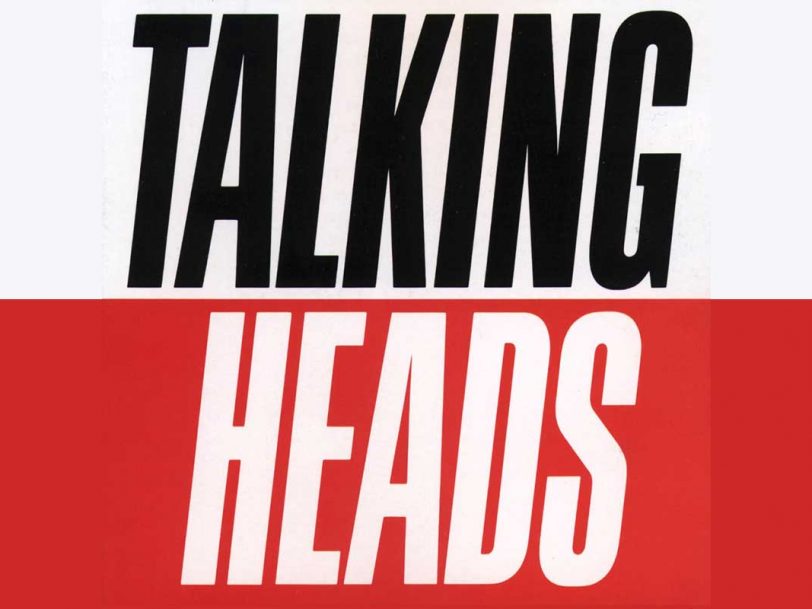True Stories, the seventh studio album by Talking Heads, was released in the autumn of 1986, alongside the film of the same name, frontman David Byrne’s directorial debut. It is not, however, a soundtrack in the truest sense. All the songs on the album featured in the film, but there they were handled by the cast; in the studio, the band performed the songs, with vocals by Byrne. To add to the confusion, later that same year Byrne released the album Sounds From True Stories, comprised of incidental music from the film.
Listen to ‘True Stories’ here.
“We have a real intuitive understanding”
In many ways, both the film and the album demonstrated how distanced the members of Talking Heads had become. Though they had produced some of the most forward-thinking music of their time using a collaborative, jam-based approach for records such as 1980’s Remain In Light and 1983’s Speaking In Tongues, the True Stories material was entirely written and arranged by Byrne. The singer reflected on this approach in an interview with Vivien Goldman for Q in December 1986: “It’s not like I’ve just used the group to get back to the film stuff I was doing as a kid. But when videos began to be important, I jumped.
“At first it was traumatic for the group when I did My Life In The Bush Of Ghosts six years ago with Brian Eno,” Byrne continued. “The life of the group was in peril, but now it’s all settled down. It was kind of healthy not to get into the record-tour-record rut. The others began to ask what they were going to do. Then they said, ‘We’re not helpless, we can write our own stuff,’ and made the Tom Tom Club. The trick has just been keeping schedules for our work. It’s pleasant when we get back together and rehearse. By now we have a real intuitive understanding as musicians.”
“We had fun recording it”
Though the various Talking Heads solo projects had enjoyed their own successes, not all of the band were quite as happy with their gradual splintering, as drummer Chris Frantz revealed in a 2020 interview with the website Slicing Up Eyeballs: “That was really David’s baby, True Stories… It sort of became ‘The David Byrne Show’ for a while because the success of [1984 concert film] Stop Making Sense had really made him a star. His picture was on the cover of Time magazine, things like that.”
Still, the album that emerged is an intriguing, genre-hopping addition to Talking Heads’ catalogue. The True Stories film followed Byrne (playing The Narrator) as he investigated the goings on in a mythical Texas town named Vigil, in which all the occupants are varying degrees of eccentric, from soothsaying old men to rambling preachers, and the songs reflect the broadness of the subject matter. Despite the band politics, the recording sessions went well, according to Frantz: “We had fun recording it, and I love that song Dream Operator. I love Puzzlin’ Evidence. A lot of those songs, I think, are really good songs.”




